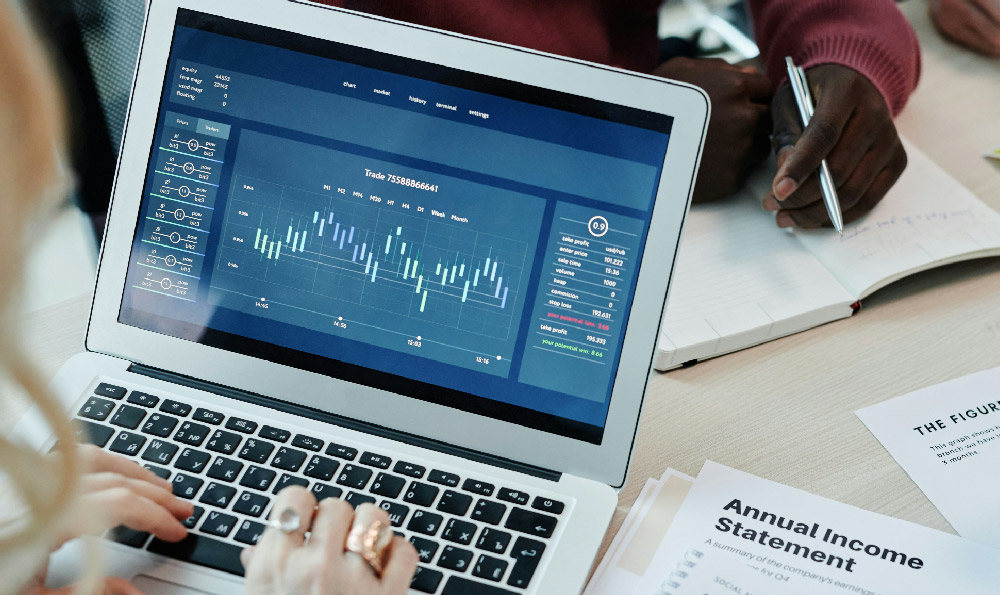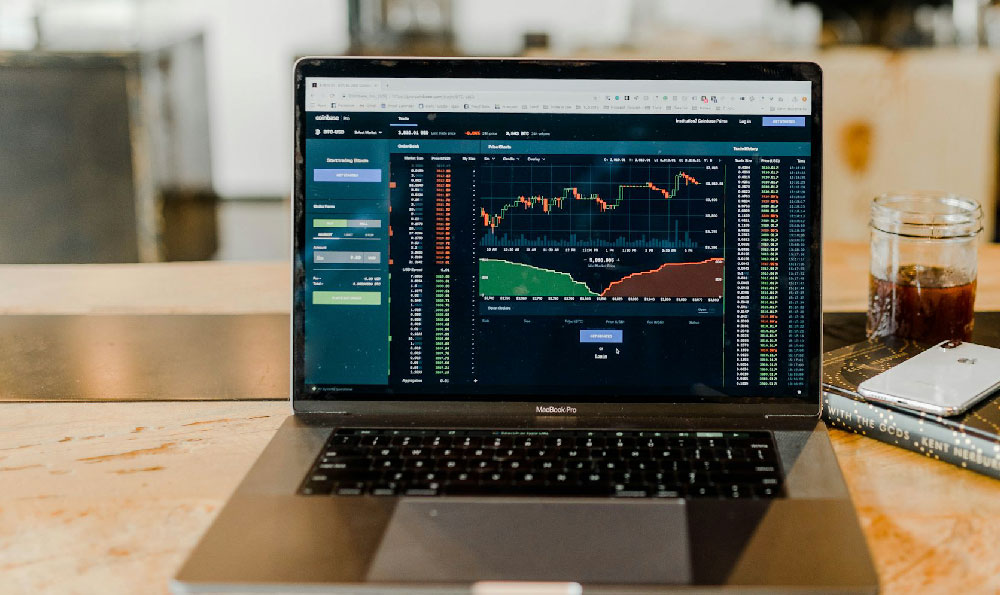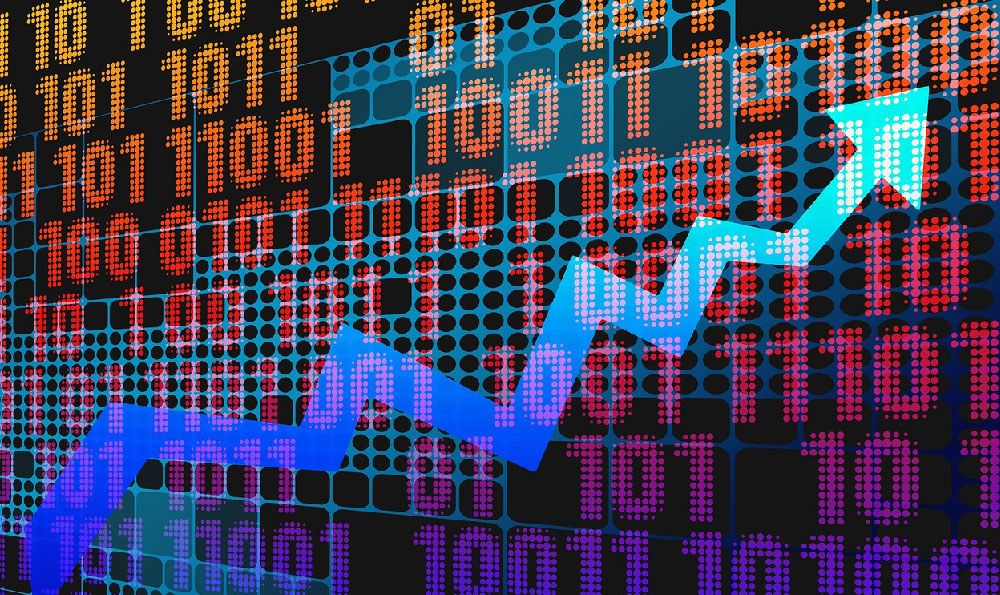Can Day Trading Really Make You Money? Is It Possible?
Day trading, the practice of buying and selling financial instruments within the same trading day, promises tantalizing returns. The allure of profiting from short-term price fluctuations, the perceived freedom from long-term investment worries, and the possibility of rapid wealth accumulation draws many to its digital door. But can day trading really make you money? The short answer is yes, it's possible. But the longer, far more nuanced answer is that it's exceedingly difficult and statistically improbable for most individuals.
The possibility stems from the inherent volatility present in financial markets, especially the cryptocurrency market. Price movements, driven by news, sentiment, technical indicators, and even seemingly random events, create opportunities for quick profits. A skilled day trader identifies these opportunities, executes trades with precision, and manages risk effectively. In theory, repeated success, even with small percentage gains per trade, can compound into significant profits over time.
However, the reality for most aspiring day traders falls far short of this idealized scenario. The first hurdle is the intense competition. You aren't just trading against other retail investors. You are competing with sophisticated algorithms, institutional traders with vast resources, and market makers who profit from the bid-ask spread. These entities have faster execution speeds, access to superior data, and the expertise of seasoned professionals. Trying to outmaneuver them is akin to bringing a knife to a gunfight.

Furthermore, successful day trading demands a rare combination of skills and traits. First and foremost is knowledge. A deep understanding of technical analysis, chart patterns, market microstructure, and economic indicators is crucial. This requires countless hours of study and practice. One must be able to interpret market signals, identify potential entry and exit points, and anticipate price movements with a reasonable degree of accuracy. This isn't about hunches or intuition; it's about applying rigorous analytical frameworks to real-time data.
Beyond knowledge, disciplined execution is paramount. Emotional control is the cornerstone of successful trading. Fear and greed are the enemies, leading to impulsive decisions and costly mistakes. A day trader must be able to adhere to a pre-defined trading plan, regardless of market conditions. This includes setting stop-loss orders to limit potential losses, taking profits when targets are reached, and resisting the temptation to chase winning or losing trades. The ability to detach emotionally from the outcomes of individual trades is critical for long-term survival.
Risk management is another essential element. Day trading involves significant leverage, amplifying both potential gains and losses. A single wrong trade can wipe out a substantial portion of one's capital. Therefore, a robust risk management strategy is crucial. This includes limiting the amount of capital allocated to each trade, using appropriate stop-loss orders, and diversifying one's trading positions to reduce overall portfolio risk. A responsible day trader understands that preserving capital is just as important as generating profits.
The challenges don't end there. The mental toll of day trading is substantial. Constantly monitoring market movements, making split-second decisions under pressure, and dealing with the inevitable losses can lead to stress, anxiety, and burnout. The unpredictable nature of the market can also disrupt sleep patterns and negatively impact personal relationships. It requires exceptional mental fortitude and a healthy coping mechanism to withstand the emotional rollercoaster of day trading.
Moreover, transaction costs can eat into profits. Each buy and sell order incurs brokerage fees and potential slippage (the difference between the expected price and the actual execution price). High-frequency trading can generate significant transaction costs, especially with smaller positions. These costs need to be factored into the trading strategy to ensure profitability.
The cryptocurrency market, while offering volatility and opportunities, presents unique risks. The market operates 24/7, requiring constant vigilance. Regulatory uncertainty and the potential for scams and manipulation are ever-present concerns. Cybersecurity risks, such as hacking and theft, also need to be addressed.
So, is it impossible to make money day trading? No. But it's important to acknowledge the overwhelming odds stacked against the average individual. It demands significant time, dedication, capital, and expertise. It's not a get-rich-quick scheme. Before venturing into the world of day trading, carefully consider your risk tolerance, financial resources, and commitment level. Start small, practice with simulated trading accounts, and continuously educate yourself.
Instead of viewing day trading as a primary source of income, consider it a high-risk, high-reward activity that should only be pursued with a small portion of your portfolio, after careful consideration of your financial goals and risk tolerance. Focusing on long-term investing strategies, such as dollar-cost averaging into diversified index funds or investing in fundamentally sound companies, is often a more prudent and sustainable path to wealth creation for most individuals. Remember, the vast majority of people who try day trading lose money. Be aware of the risks involved, and approach it with caution and a realistic understanding of the challenges involved. Only then can you realistically assess whether it's a path worth pursuing for you.















